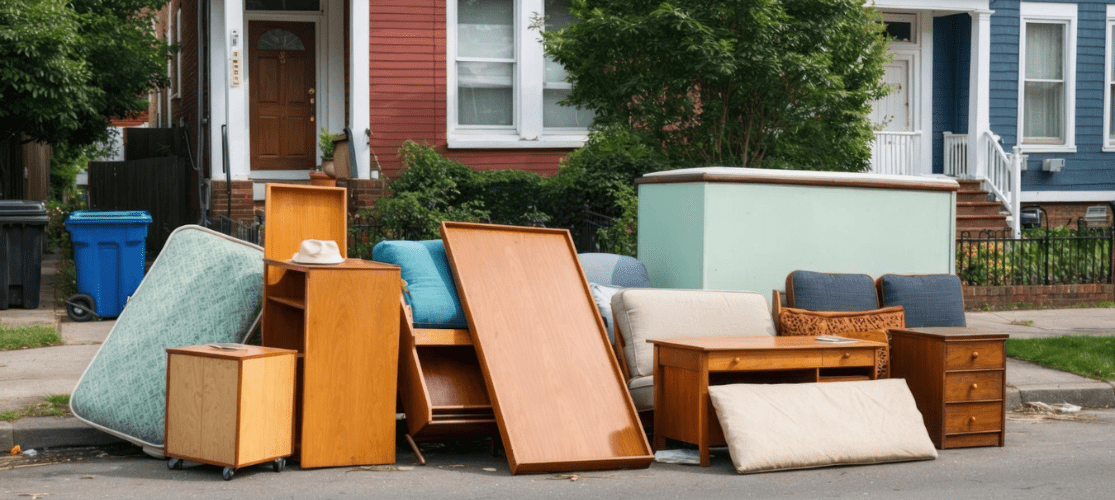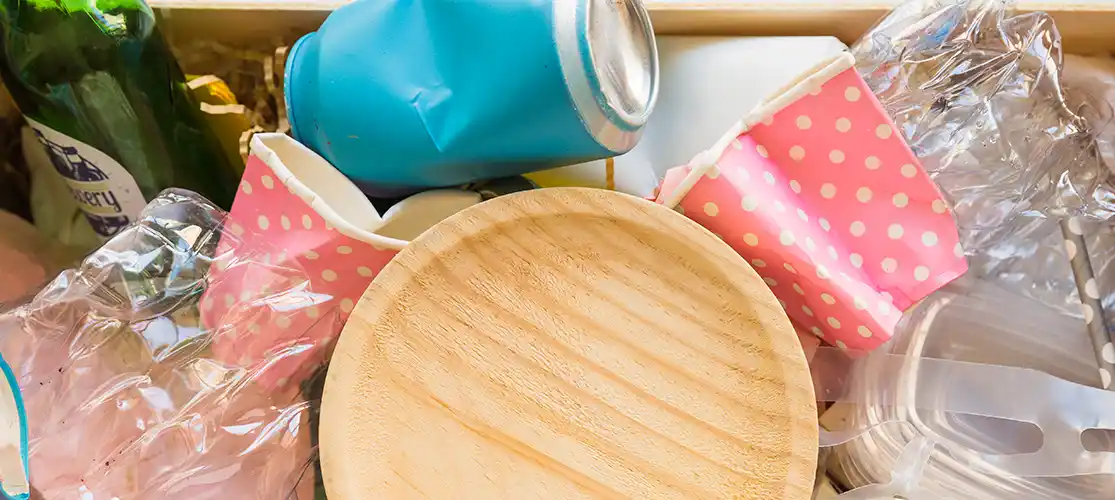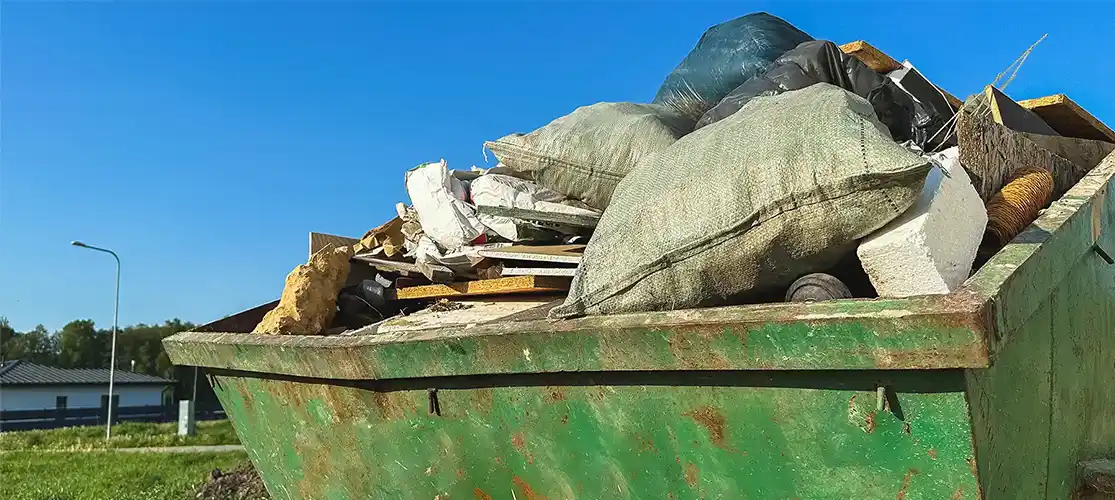Skips are a handy piece of kit for disposing of waste. However, disposing of hazardous waste can be a tricky and confusing affair. In this article, we are going to explain what hazardous waste is, and explore your various options to dispose of it.
Hazardous waste disposal
Skip hire companies have to obtain a waste carriers’ licence in order to transport and dispose of standard waste materials, keeping records of all waste. These records include recording the type, quantity and destination of the waste transported.
In addition to this, they must dispose of hazardous waste in a safe and appropriate manner. This includes adhering to relevant legislation and using licensed disposal facilities.
What is classed as hazardous waste?
Hazardous waste are any items that pose a risk to both humans and the environment if they are not disposed of safely. Hazardous waste includes items such as:
- Asbestos
- Batteries
- Chemicals, such as brake fluid or print toner
- Electrical equipment
- Solvents
- Pesticides
- Oils (except edible ones), such as car oil
- Items containing ozone depleting substances, like fridges
- Hazardous waste containers
How to identify hazardous waste
Many items will have labels which will indicate that it needs to be disposed of in a certain way. Some items, particularly chemicals, will have data sheets relating to them which will provide valuable information about the substance and may include correct handling techniques.
As the name suggests, items and substances which are classed as hazardous can be dangerous to health and the environment, so it is suggested that when trying to identify what the item or substance may be that protective clothing is worn, such as gloves and masks, together with using tools appropriate for sampling. Even with items such as batteries or electrical equipment, it is still recommended that direct contact or inhalation is limited.
How to dispose of hazardous waste
Some hazardous items and substances must be handled in a correct manner to avoid contamination or risk to health or the environment. It is always recommended to utilise a licensed waste management company to do this.
It is important to follow proper guidelines when disposing of any waste, but particularly when that waste is or maybe hazardous. Regulations may differ across regions, so it is essential to check before disposal.
It may be necessary to place hazardous material into appropriate containers before storing and transporting. The containers must be made of materials that are compatible with the hazardous substance to avoid reactions, leaks or spills. All hazardous items must be labelled to easily identify them, detail of associated risks and relevant handling instructions.
Hazardous waste should also be separated from other waste, and other types of hazardous waste to prevent any cross-contamination.
EJ Shanley will be able to assist with identifying and recommending trusted specialists that will be able to store, label and dispose of your hazardous waste.
How to dispose of chemicals
Chemicals, like other types of waste, can be harmful to human health or to the environment. Sometimes, the danger may not be immediate, but may be harmful over an extended period of time. Chemical waste therefore needs to be treated, disposed of, or recycled, safely.
Not all chemicals are classed as hazardous, for example, some ink or paints may not be hazardous. On the other hand, two common examples of those which are classed as always hazardous are lead acid batteries and fluorescent tubes. Some chemicals might also be fire hazards; these include petrol and paint thinners.
Knowing how to store and dispose of chemicals safely is important. Storing alongside other materials like packaging or sawdust can also be a serious hazard if not properly managed. These items are highly likely to help any fire to spread rapidly.
It is therefore recommended to discuss your requirements for any chemical disposal with a specialist, although some local authorities offer the facility for householders to take small quantities of household chemicals, paints, batteries and electrical items to be taken to a Household Recycling Centres (HRC) for safe disposal.
Can all hazardous waste be collected in a skip?
Not all hazardous waste can be disposed of in ordinary, open skips. Asbestos is the main example of something that cannot be disposed of or collected in an open skip.
Asbestos is often found in older buildings and poses a health hazard if disturbed or handled incorrectly. For this reason, specialist handling and disposal methods must be used. The general rule is that any waste that contains asbestos, or is contaminated with asbestos, must be double-bagged and placed in a covered, locked skip.
How EJ Shanley can help dispose of hazardous waste
Contact Us to discuss your requirements as our aim is to help our customers to dispose of all waste in an efficient and environmentally sound manner.


